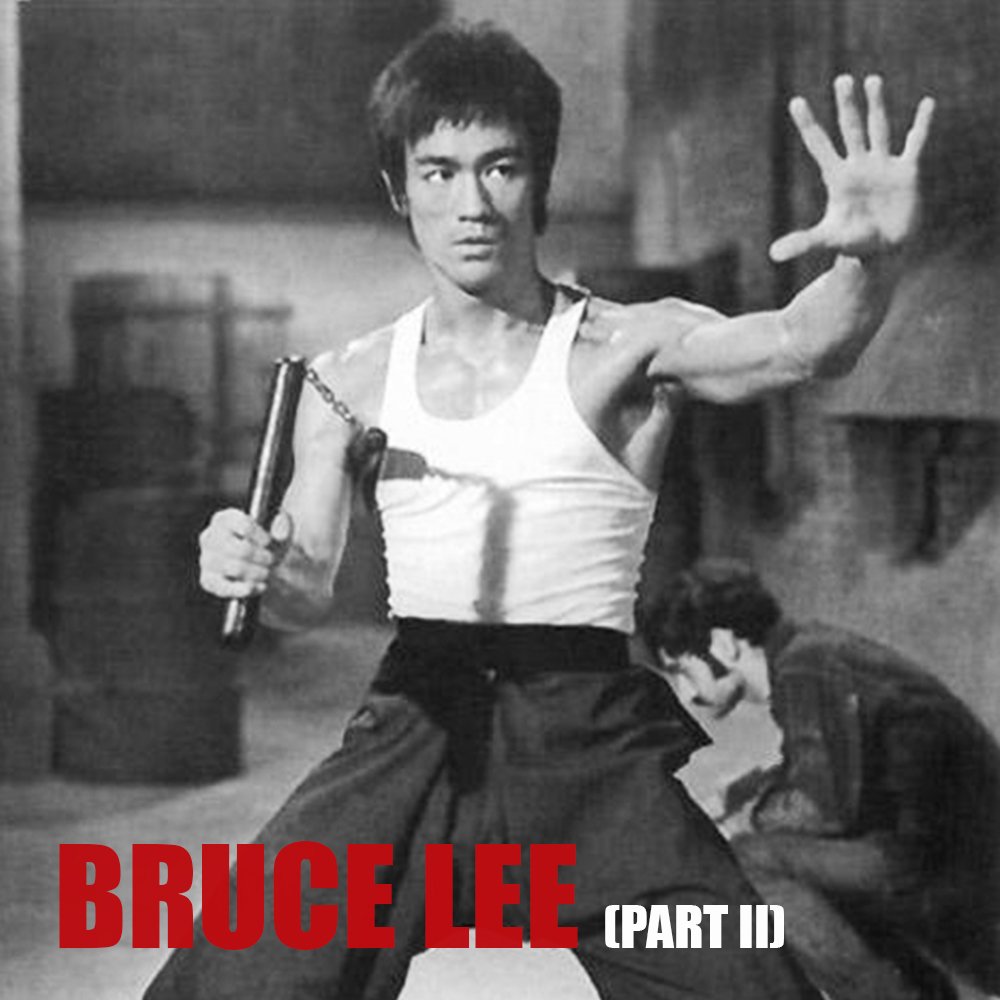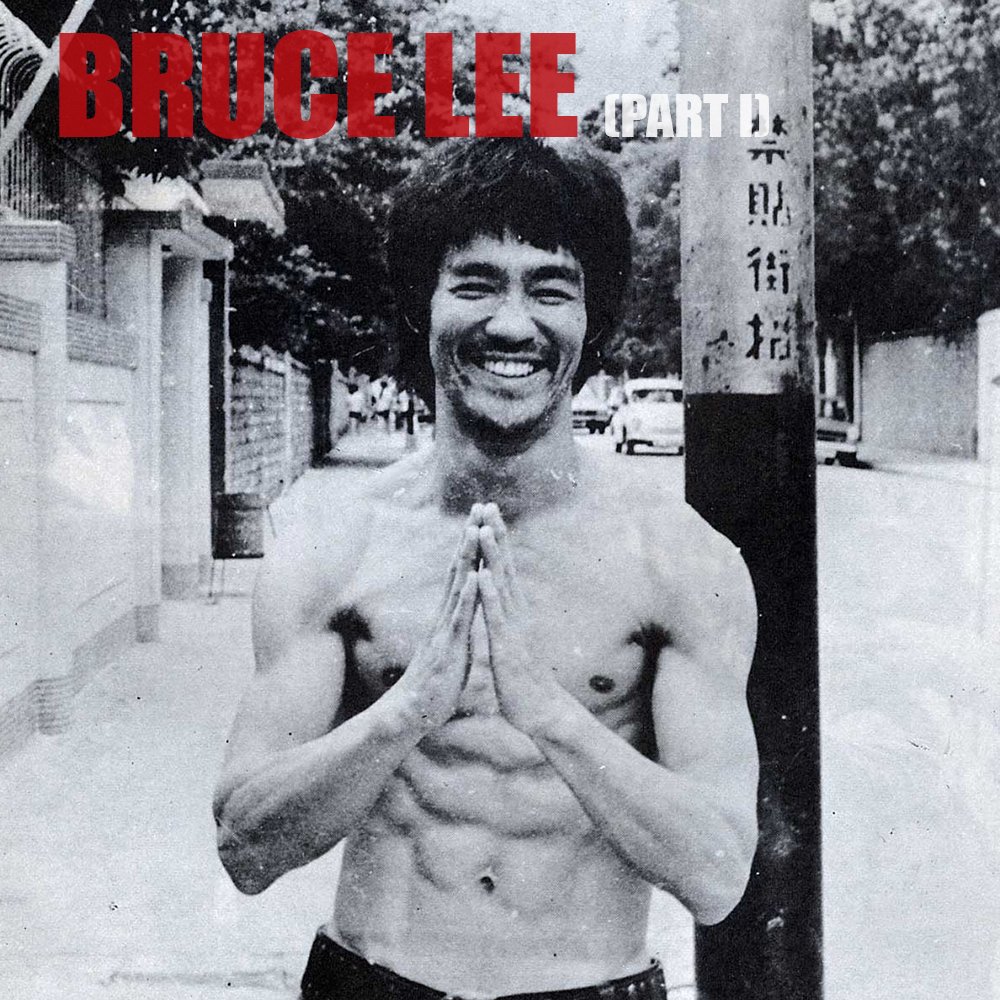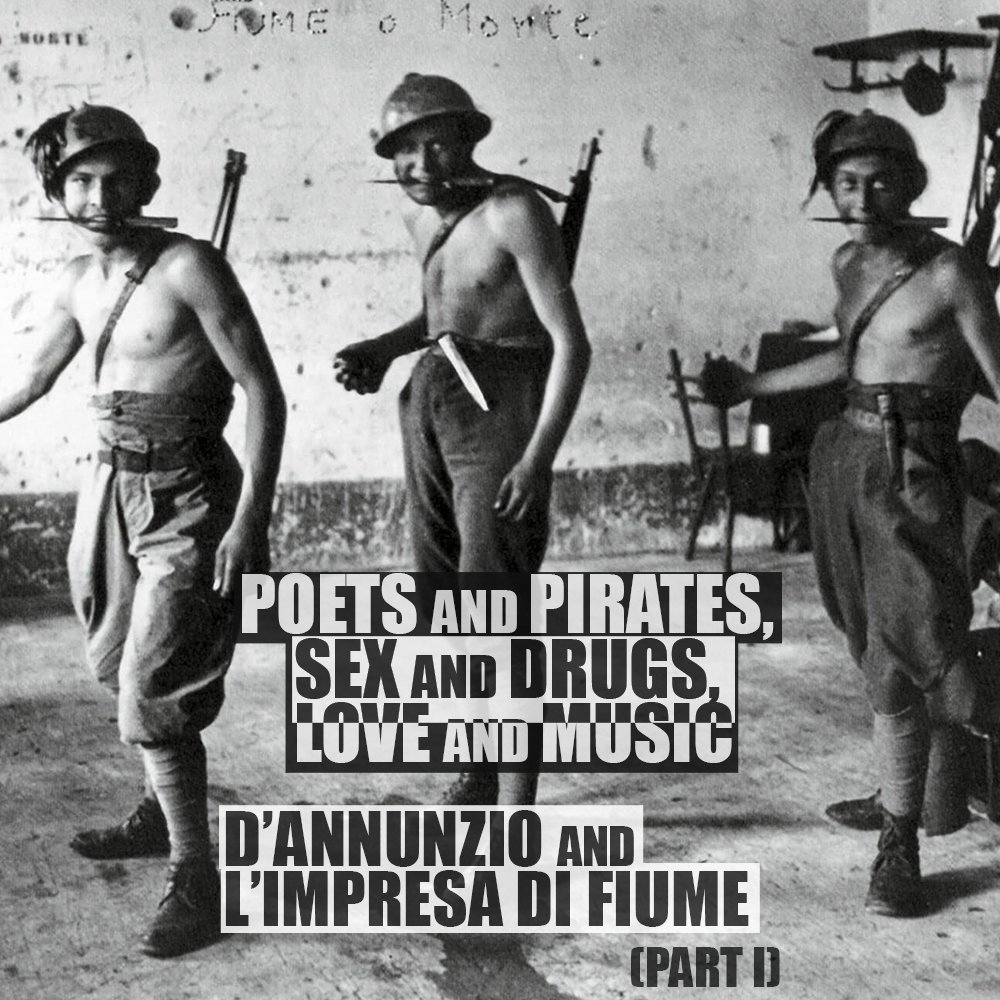It was only a few generations ago when large numbers of people in United States saw nothing wrong with the notion of buying, selling and owning human beings. Weirder yet, some slave owners were masters in the mental gymnastics required to feel morally justified in enslaving members of their own families, including their own children. In this episode, I am joined by Darryl Cooper from The Martyrmade Podcast for a conversation about the institution of slavery.
EPISODE 78: Bruce Lee (Part 2)
“Jeet Kune Do favors formlessness so that it can assume all forms and since Jeet Kune Do has no style, it can fit with all styles. As a result, Jeet Kune Do utilizes all ways and is bound by none and, likewise, uses any techniques or means which serve its ends.” — Bruce Lee
“1. Research your own experience. 2. Absorb what is useful. 3. Reject what is useless. 4. Add what is specifically your own.” — Bruce Lee’s methodology
“I maintain that truth is a pathless land and you cannot approach it by any religion. A belief is purely an individual matter, and you cannot and must not organize it. If you do, it becomes dead, crystallized; it becomes a creed, a sect, a religion, to be imposed on others.” — Jiddhu Krishnamurti
“This doesn’t look like success to me.” — Sovannahry Em
“A martial artist is a human being first. Just as nationalities have nothing to do with one’s humanity, so they have nothing to do with the martial arts.” — Bruce Lee
Ask anyone for one name they associate with martial arts, and odds are they will mention Bruce Lee. Because of his career, millions of people were introduced to martial arts. Thanks to his movies, Lee achieved enduring, worldwide fame, broke plenty of box office records, and forever changed the aesthetics of action films. Not bad for a skinny kid from Hong Kong who arrived in United States with the proverbial shirt on his back. The image of his hyper-muscular body in combat pose has become iconic. But there was a lot more to Bruce Lee than meets the eye. He could have been a rock star or a spiritual leader or anything else he had wished… Martial arts was just a channel for his energy. Had he put that same energy anywhere else, he’d have probably had similar success. Despite Hollywood turning him down time and time again due to racial prejudices, Lee refused to take no for an answer and more or less single-handedly changed the way in which Asian people were perceived in the West. His philosophical insights also changed the face of martial arts training, and introduced masses of people to Taoism and Zen Buddhism. His creative & anti-authoritarian approach to life captured the best of the essence of the 1960s. Get ready for a ride because this is an incredible story I have wanted to tell since I first started podcasting.
This episode covers Bruce Lee’s philosophy and life from 1965 through his death in 1973.
EPISODE 77: Bruce Lee (Part 1)
“Energy is eternal delight.” — William Blake
“Hong Kong in the 1950s was a depressed place. Post–World War II Hong Kong had suffered from unemployment, a poor economy, over-crowding, homelessness, and people taking advantage of each other. Gangs roamed the street, and juvenile delinquents ran rampant.” — Hawkins Cheung
“Teachers should never impose their favorite patterns on their students—he said—They should be finding out what works for them, and what does not work for them. The individual is more important than the style.” — Bruce Lee
“I feel I have this great creative and spiritual force within me that is greater than faith, greater than ambition, greater than confidence, greater than determination, greater than vision. It is all of these combined…” — Bruce Lee
Ask anyone for one name they associate with martial arts, and odds are they will mention Bruce Lee. Because of his career, millions of people were introduced to martial arts. Thanks to his movies, Lee achieved enduring, worldwide fame, broke plenty of box office records, and forever changed the aesthetics of action films. Not bad for a skinny kid from Hong Kong who arrived in United States with the proverbial shirt on his back. The image of his hyper-muscular body in combat pose has become iconic. But there was a lot more to Bruce Lee than meets the eye. He could have been a rock star or a spiritual leader or anything else he had wished… Martial arts was just a channel for his energy. Had he put that same energy anywhere else, he’d have probably had similar success. Despite Hollywood turning him down time and time again due to racial prejudices, Lee refused to take no for an answer and more or less single-handedly changed the way in which Asian people were perceived in the West. His philosophical insights also changed the face of martial arts training, and introduced masses of people to Taoism and Zen Buddhism. His creative & anti-authoritarian approach to life captured the best of the essence of the 1960s. Get ready for a ride because this is an incredible story I have wanted to tell since I first started podcasting.
This episode covers Bruce Lee’s life from birth to his famous fight with Wong Jack Man in 1964.
EPISODE 76: Poets and Pirates, Sex and Drugs, Love and Music: D’Annunzio and L’Impresa di Fiume (Part 2)
“I am beyond Right and Left, just as I am beyond good and evil… I am a man devoted to life, not to formulas.” — Gabriele D’Annunzio
“We are the only Italians worthy of being called Italians.” — Gabriele D’Annunzio
This is the tale of one of the cultural-political experiments in modern history. The brutal end of WWI left many Italian soldiers dissatisfied, since the Allies refuse to grant them lands they had conquered at the price of rivers of blood. Feeling cheated by their own government and the Allies, some of these soldiers turned to the most popular man in the entire country: Gabriele D’Annunzio. Saying that he was a famous writer and a veteran of WWI doesn’t capture the magnetic power the man possessed. He was a true rock star before rock stars were a thing. He stopped traffic wherever he went. He made army units desert without using any weapon but his voice. Countless women risked their marriages, families and careers for a chance to have a fling with him. Casanova was an amateur compared to D’Annunzio. In 1919, D’Annunzio agreed to lead renegade units of the Italian Army to taking over the border city of Fiume. Despite the fact that this infuriated the Italian, French, British and American governments, D’Annunzio would go on to rule for fifteen months over an outlaw state where things that were not looked kindly upon in the world of 1919 (from drug use to free love, from the right to vote for women to nudism, from homosexuality to piracy) were widely practiced.
Part Two of this two-part series focuses on the contentious relationship between D’Annunzio and Mussolini, the kidnapping of an Italian general, D’Annunzio as the head of a pirate state, bubonic plague, Guglielmo Marconi, Arturo Toscanini, D’Annunzio getting thrown out of a window, and much more.
This series is dedicated to Franco Bolelli
EPISODE 75: Poets and Pirates, Sex and Drugs, Love and Music: D’Annunzio and L’Impresa di Fiume (Part 1
“We heard that D’Annunzio was coming, and Italy and freedom were coming with him.” — Anonymous Italian citizen of Fiume
“The road of excess leads to the palace of wisdom.” — William Blake
“Legionaries adore him. The men from the palace fear him. Little kids think he’s the devil.” — Leon Kochnitzky about Guido Keller
This is the tale of one of the weirdest cultural-political experiments in modern history. The brutal end of WWI left many Italian soldiers dissatisfied, since the Allies refuse to grant them lands they had conquered at the price of rivers of blood. Feeling cheated by their own government and the Allies, some of these soldiers turned to the most popular man in the entire country: Gabriele D’Annunzio. Saying that he was a famous writer and a veteran of WWI doesn’t capture the magnetic power the man possessed. He was a true rock star before rock stars were a thing. He stopped traffic wherever he went. He made army units desert without using any weapon but his voice. Countless women risked their marriages, families and careers for a chance to have a fling with him. Casanova was an amateur compared to D’Annunzio. In 1919, D’Annunzio agreed to lead renegade units of the Italian Army to taking over the border city of Fiume. Despite the fact that this infuriated the Italian, French, British and American governments, D’Annunzio would go on to rule for fifteen months over an outlaw state where things that were not looked kindly upon in the world of 1919 (from drug use to free love, from the right to vote for women to nudism, from homosexuality to piracy) were widely practiced.
Part One of this two-part series tackles the Italian experience in WWI, D’Annunzio’s literary and military career, the raid to occupy Fiume, the Futurist movement, the wild culture that sweeps through town, a pre-1960s sexual revolution, Guido Keller (the craziest man in town), and much more.
This series is dedicated to Franco Bolelli





